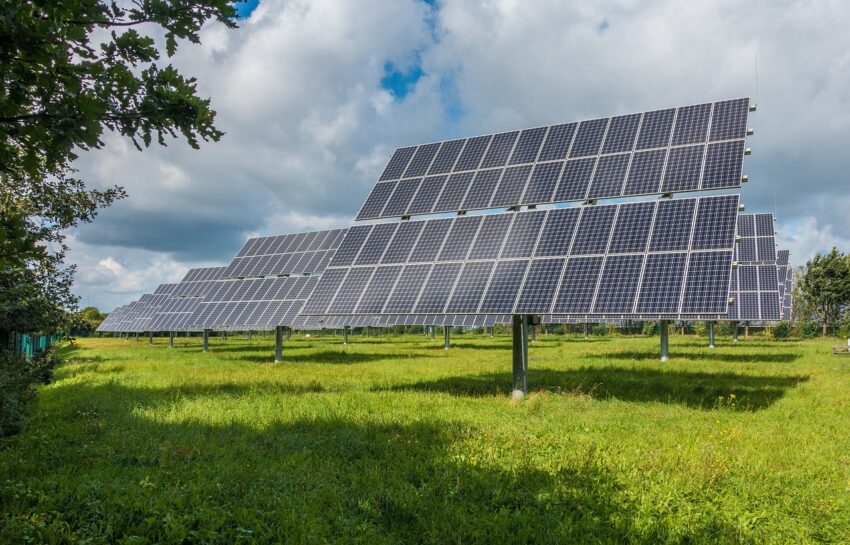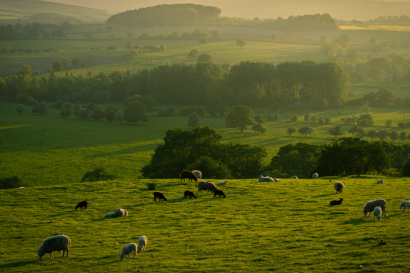PRESS RELEASES | 09/06/2025
Land Use Framework must drive investment in nature and boost climate resilience

- New briefing from the Aldersgate Group sets out a vision for the UK’s upcoming Land Use Framework that would ensure it supports the delivery of societal, economic, climate, and environmental goals.
- The publication finds that the effective use of data and supporting multiple land uses on farmland is critical to success. It highlights that with the right reporting, monitoring, and strong demand signals, the Framework can drive much-needed investment in land use change and nature restoration across the country, and strengthen climate resilience.
- It calls for the Framework to align with the government’s planning reforms and with key strategies such as the Environmental Improvement Plan, the Farming Roadmap, and Strategic Spatial Energy Plan, to ensure consistency across the policy landscape.
Today, the Aldersgate Group publishes a new briefing that presents a vision for the UK’s upcoming Land Use Framework, setting out how it can best support a stronger and more sustainable economy.
The new briefing calls on government to ensure the Framework enables a combination of land uses from production to conservation and recreation, in order to enhance value across the country and enable farmers to diversify their income streams. Delivering this will require well-designed policy and regulatory frameworks, backed by high-quality data.
The publication sets out key measures required to boost nature markets, including improved data reporting, effective demand signals and aggregation of projects, which can ensure the Framework drives much-needed investment into nature. The Green Finance Institute estimates that the current funding gap for nature in the UK is between £44 billion and £97 billion over the next ten years [1], so driving private investment in nature is critical to ensure the UK’s biodiversity is enhanced.
It also informs how the Framework can play its crucial role in ensuring the UK is resilient to climate change impacts, while bolstering food and energy security. The Climate Change Committee’s 2025 progress report highlights the fact that the UK continues to have an inadequate approach to addressing climate risk [2], despite the potential economic costs of £1.1 trillion in damage according to Global Witness [3].
Rachel Solomon Williams, Executive Director, Aldersgate Group, said: “The way that we use our land has a critical role to play in addressing climate change, adapting to the impacts that have already been locked in by temperature rises, and driving investment in nature. The upcoming Land Use Framework must set the groundwork for a new system that unlocks private investment, improves our resilience, and enables emissions reductions. This briefing puts forward a clear vision to government, informed by businesses across the country, that can ensure it delivers the social, economic, and environmental benefits we need.”
Harry Barton, Chief Executive, Earthwatch Europe, said: “Land is a finite resource that none of us can live without. If we are to have any chance of tackling the crises facing nature, our rivers, our soils and the climate, we have got to rethink how we prioritise our use of land, and how we manage it. The Land Use Framework is a once in a generation opportunity to do this. It’s utterly crucial that we get it right, and that we put the long-term interests of society and the environment first.”


